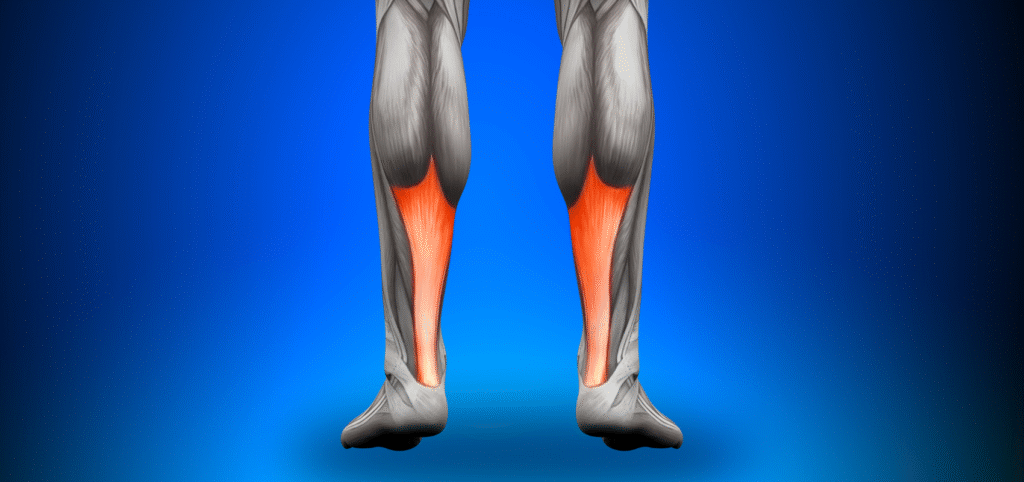The team physician commonly encounters musculoskeletal injuries resulting from athletic activities, including during practice, training and competition. The most common injuries encountered by a team physician include shoulder dislocation/subluxation, disabled throwing shoulders, elbow ulnar collateral injuries, hamstring injuries, anterior cruciate ligament (ACL) injuries, meniscus (cartilage) tears, ankle sprains, and groin and hip injuries. Discerning what is essential and desirable for the team physician to understand regarding the mechanism of injury and how these injuries present clinically, as well as the initial assessment and management options, are important. This information would be valuable for all members of the athletic care team, including athletic trainers, physical therapists, and strength and conditioning specialists, in addition to team physicians.
The Team Physician Consensus Conference (TPCC) Statements are a series of documents led by the American College of Sports Medicine® (ACSM) Clinical Sports Medicine Leadership Committee, that are resources for team physicians working with athletes at every level of competition. TPCC statements include representation from six major professional medical organizations, including ACSM, the American Academy of Family Physicians, the American Academy of Orthopaedic Surgeons, the American Medical Society for Sports Medicine, the American Orthopaedic Society for Sports Medicine, and the American Osteopathic Academy of Sports Medicine. The TPCC statement “Initial Assessment and Management of Select Musculoskeletal Injuries: A Team Physician Statement,” recently published in ACSM’s Medicine & Science in Sports & Exercise®, is the newest in this series of publications providing team physicians and athletic care team members with a framework for approaching common musculoskeletal injuries, with an emphasis on the sideline and training room. This document provides information about the nonoperative, operative and rehabilitation considerations of the select injuries and illnesses.
Understanding the essentials for evaluating and treating a shoulder, knee or hamstring injury if you are a team physician covering an event can be challenging, and this paper can act as a guide. How these injuries present, what to look for and what to do can be helpful, especially for younger team physicians gaining experience. What are the mechanisms of injury, and how do these injuries typically present? What should you do immediately, and what additional tests and follow-up should be considered? These can be challenging situations, and the TPCC on musculoskeletal trauma provides meaningful guidance based on consensus opinions and an evidence-based approach to common scenarios in sports medicine.
The TPCC on musculoskeletal trauma is one of several ACSM-led statements. These cover a variety of topics important to the team physician, including roles and responsibilities; sideline preparedness; injury and illness prevention; return to play; mass participation events; psychological issues and the response to injury/illness; nutrition; load and overload; and special populations including the female athlete, the adolescent athlete and the master athlete. Furthermore, TPCC statements have been recently published on other critical athlete-related issues, including physician management of various sport-related concussion issues. These papers are necessary resources for team physicians and are included in several sports medicine fellowship curriculums as required reading, given their applicability to clinical training.

Margot Putukian, MD, FACSM, is the chief medical officer for Major League Soccer, a team physician for the U.S. Women’s National Soccer Team and a volunteer physician for the U.S. Olympic and Paralympic Committee (USOPC). She is the former director of athletic medicine and head team physician for Princeton University and serves on ACSM’s Clinical Sports Medicine Leadership Committee, currently as part of the Executive Leadership Committee for the Team Physician Consensus Statements. She is a past president for the American Medical Society for Sports Medicine.

W. Ben Kibler, MD, FACSM, is emeritus director of the Shoulder Center of Kentucky at the Lexington Clinic. He was a co-founding member of the ACSM TPCC initiative and was a member of the TPCC Executive Committee from 2000 to 2023. He is a member of multiple clinical sports medicine organizations and has published over 200 peer-reviewed papers. He is a past recipient of the ACSM Citation Award and has delivered both an ACSM Presidential Speaker and an ACSM Sutton Clinical Sports Medicine Lecture. He is a member of the AOSSM Hall of Fame.
Viewpoints presented in ACSM Bulletin commentaries reflect opinions of the authors and do not necessarily represent positions or policies of ACSM. Active Voice authors who have received financial or other considerations from a commercial entity associated with their topic must disclose such relationships at the time they accept an invitation to write for the ACSM Bulletin.




